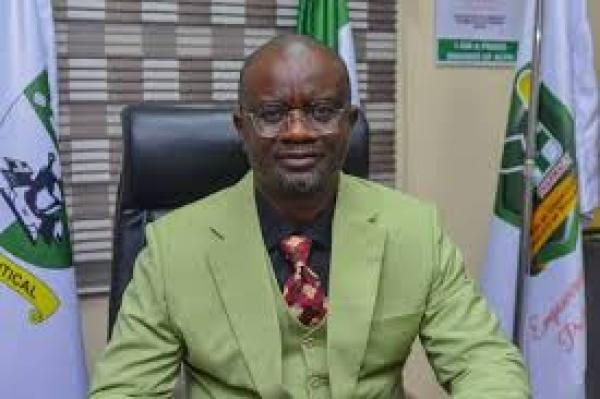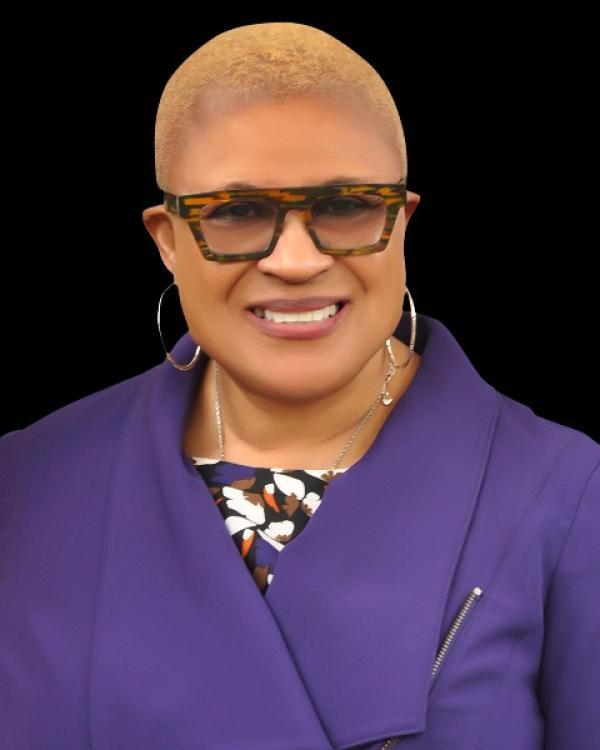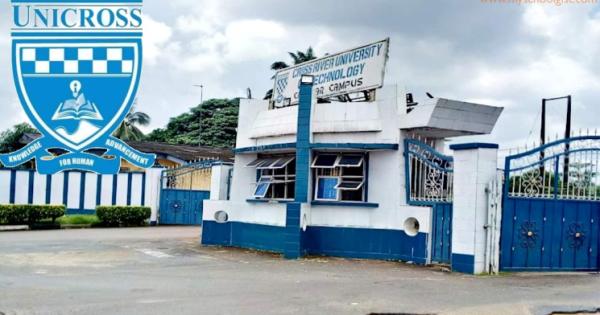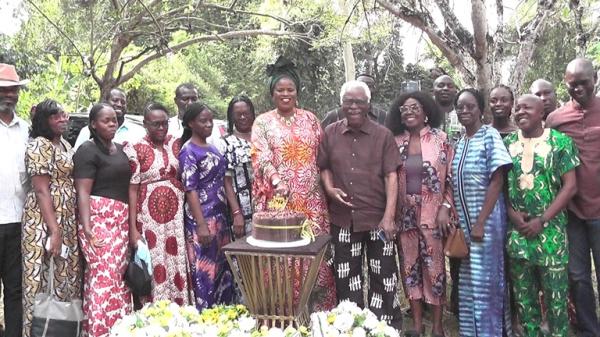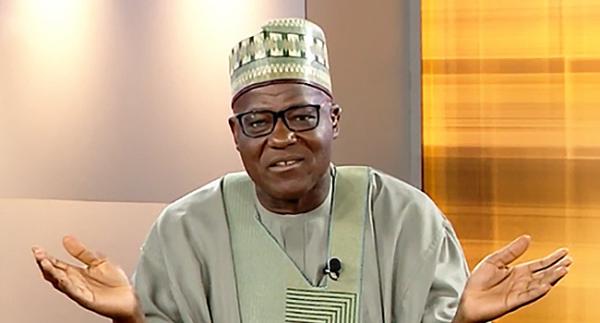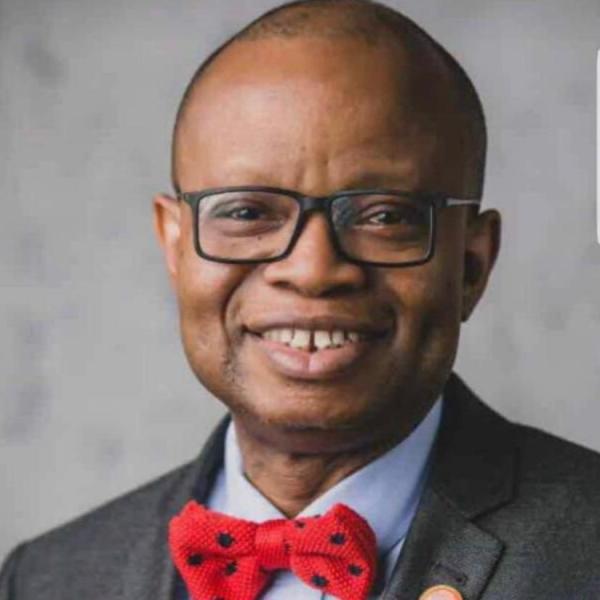
"Nigeria's drug distribution chaos is not an intractable crisis; it is a strategic opportunity that invites innovation, courage, and partnership," stated Pharm. (Prof.) Lere Baale, President of the Nigeria Academy of Pharmacy and Chief Executive at Netherland Business School, Lagos, during a compelling plenary session at the 44th Annual International Scientific Conference of the Association of Community Pharmacists of Nigeria (ACPN).
His extensive presentation on "ACPN Optimizing Drug Distribution System in Nigeria: A Strategic Lifeline for Community Pharmacists and Mega Distributors" addressed critical challenges and opportunities within Nigeria's pharmaceutical landscape.
Baale emphasized that the country is at a decisive moment in its pharmaceutical value chain, grappling with escalating public health challenges and a rising demand for access to quality medicines.
He highlighted the fragmented and often unregulated nature of Nigeria's drug distribution system, which is plagued by inefficiencies that hinder the delivery of safe and effective medications. He remarked, Yet within this dysfunction lies a profound opportunity for transformation, investment, and leadership by pharmacists and private sector actors alike.
According to Baale, open drug markets—unregulated physical spaces where medicines are sold without professional oversight—have proliferated due to several root causes, including weak enforcement of pharmaceutical regulations, inadequate infrastructure, a lack of investment incentives, and poor implementation of the National Drug Distribution Guidelines (NDDG). He identified these markets as hubs for the circulation of substandard and counterfeit pharmaceuticals, which pose significant risks to public health.
To combat these challenges, Baale proposed that Coordinated Wholesale Centres (CWCs) be transformed into regional mega drug distribution hubs that adhere to World Health Organization (WHO) standards. He called for robust government support for local mega distributors to strengthen their capacity and scale. "As the government rolls out CWCs and promotes mega distributors, community pharmacists have the opportunity to forge direct procurement partnerships with WHO-compliant distributors," he explained.
Additionally, Baale encouraged cooperative efforts among pharmacists to reduce costs through group purchasing, ensuring consistent stock replenishment, and actively participating in the NDDG implementation ecosystem. "We need to arrange for mega distributors to have access to financial support from the Bank of Industry so that well have distributors from all six geopolitical zones," he urged.
Prof. Baale reinforced the idea that community pharmacists and mega distributors should be seen not as competitors but as complementary pillars within a patient-centered ecosystem. He highlighted the potential for Nigeria to build a resilient, safe, and efficient pharmaceutical supply chain through the integration of CWCs with reformed mega distribution networks while drawing lessons from successful practices in the banking sector.
In his closing remarks, Baale appealed to his peers in the pharmacy profession to take action against the dysfunction within the drug distribution system. "Let us invest in technology that connects every medicine to a verified source, train pharmacists as distribution entrepreneurs, empower mega distributors to operate with global standards and local relevance, and ultimately build a supply chain worthy of the lives it is meant to protect," he declared.
With a rallying cry to "arise, optimize, occupy, and lead—with purpose, policy, and professional excellence," Prof. Lere Baale's message resonated with attendees, reinforcing the critical role of collective action and innovation in shaping the future of Nigerias pharmaceutical landscape.












